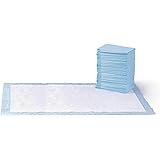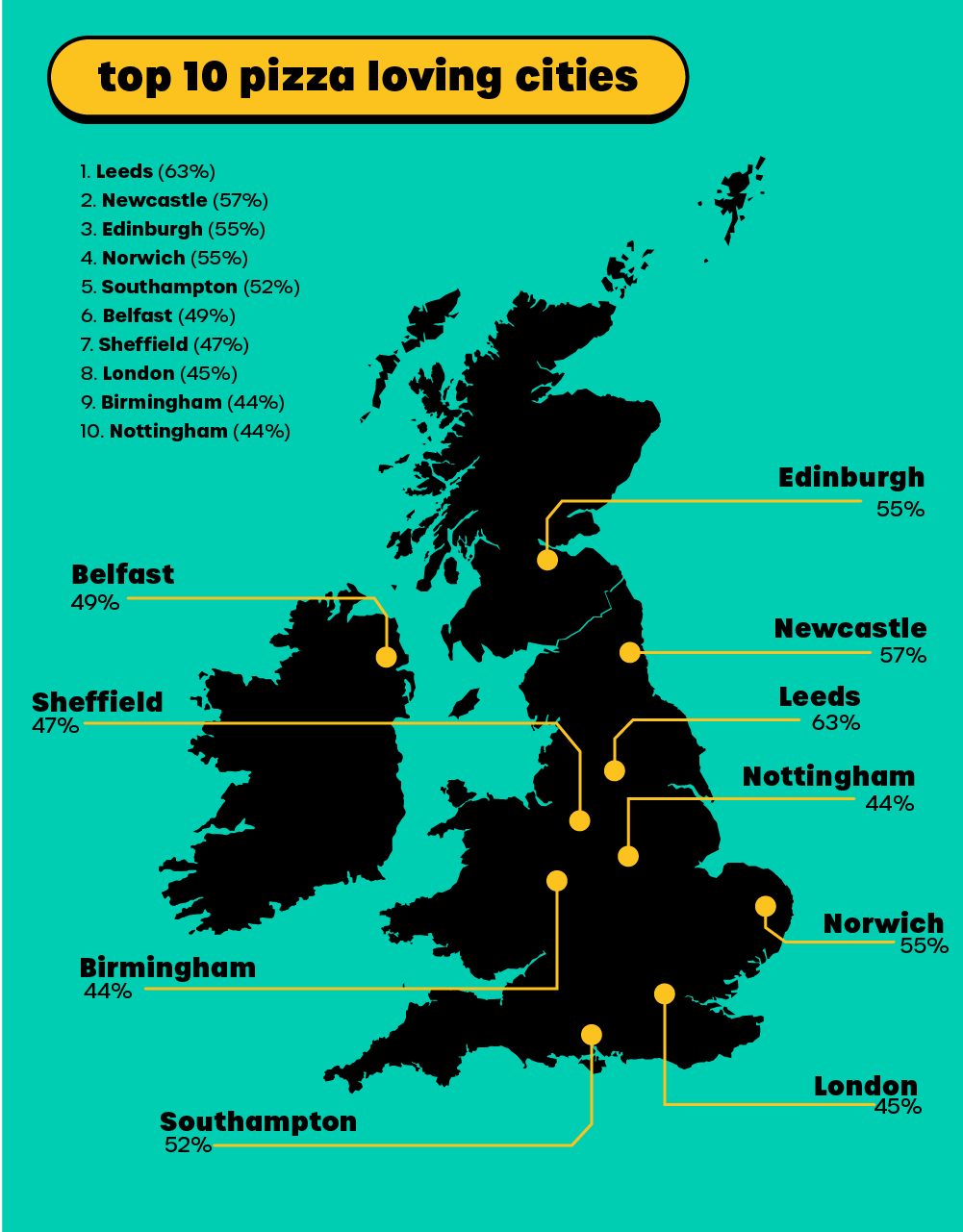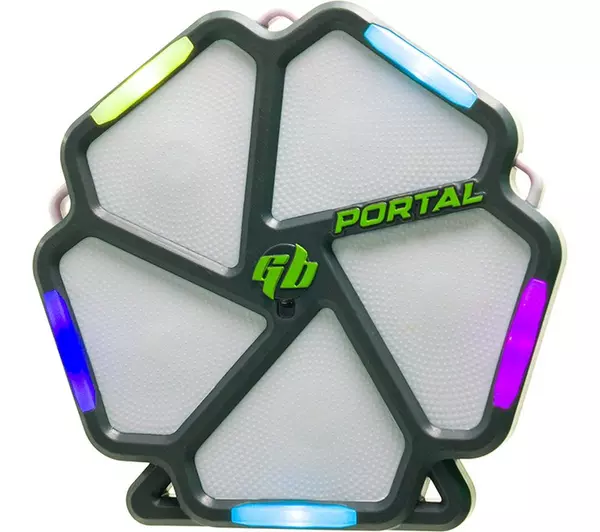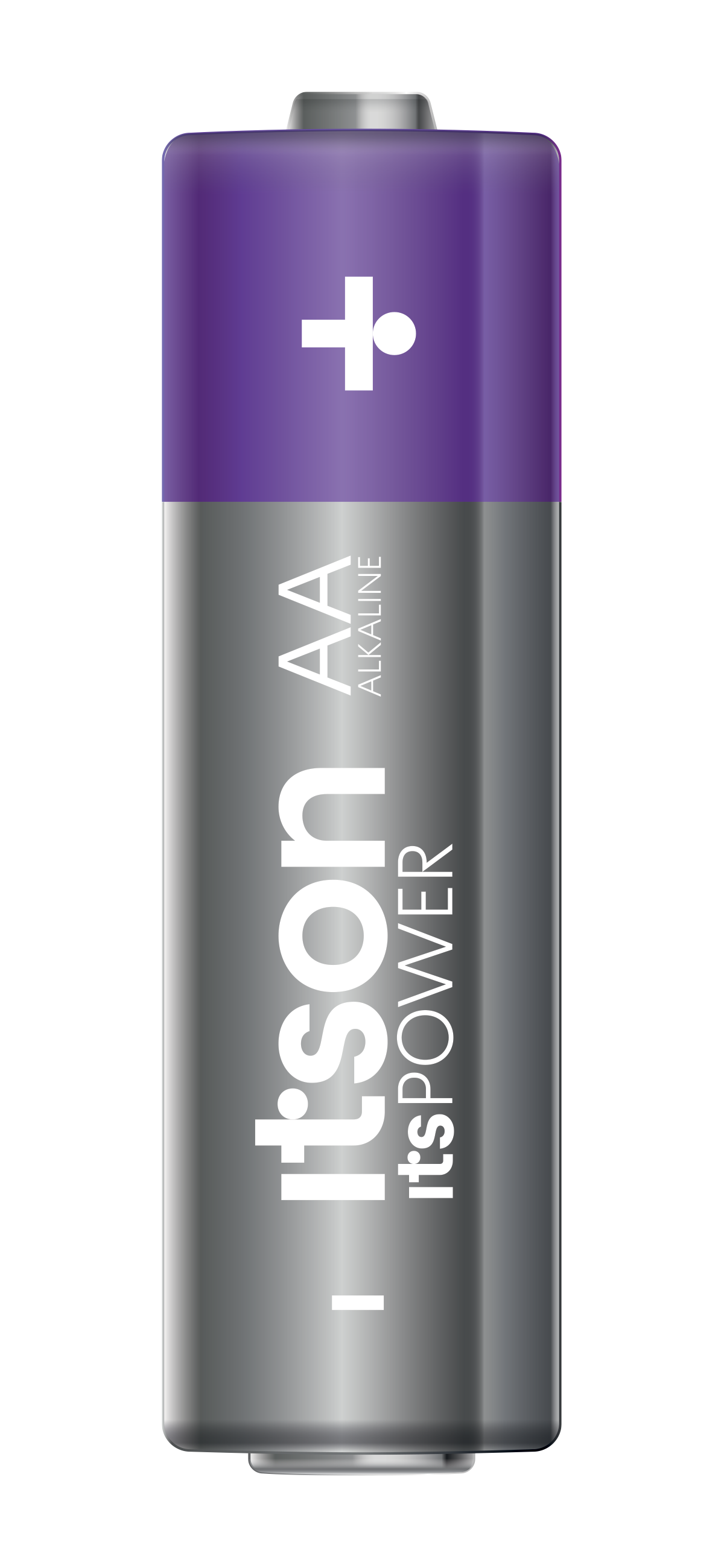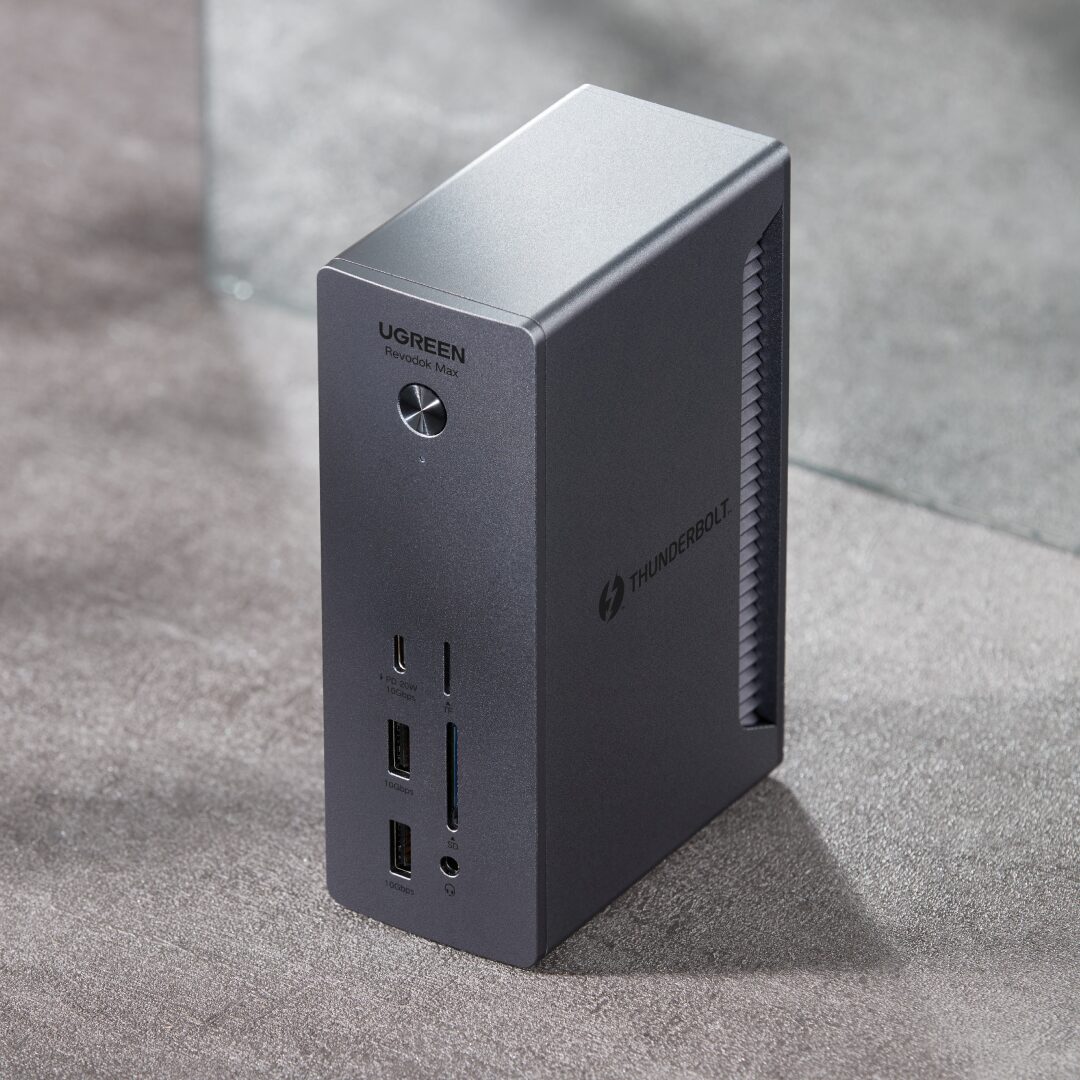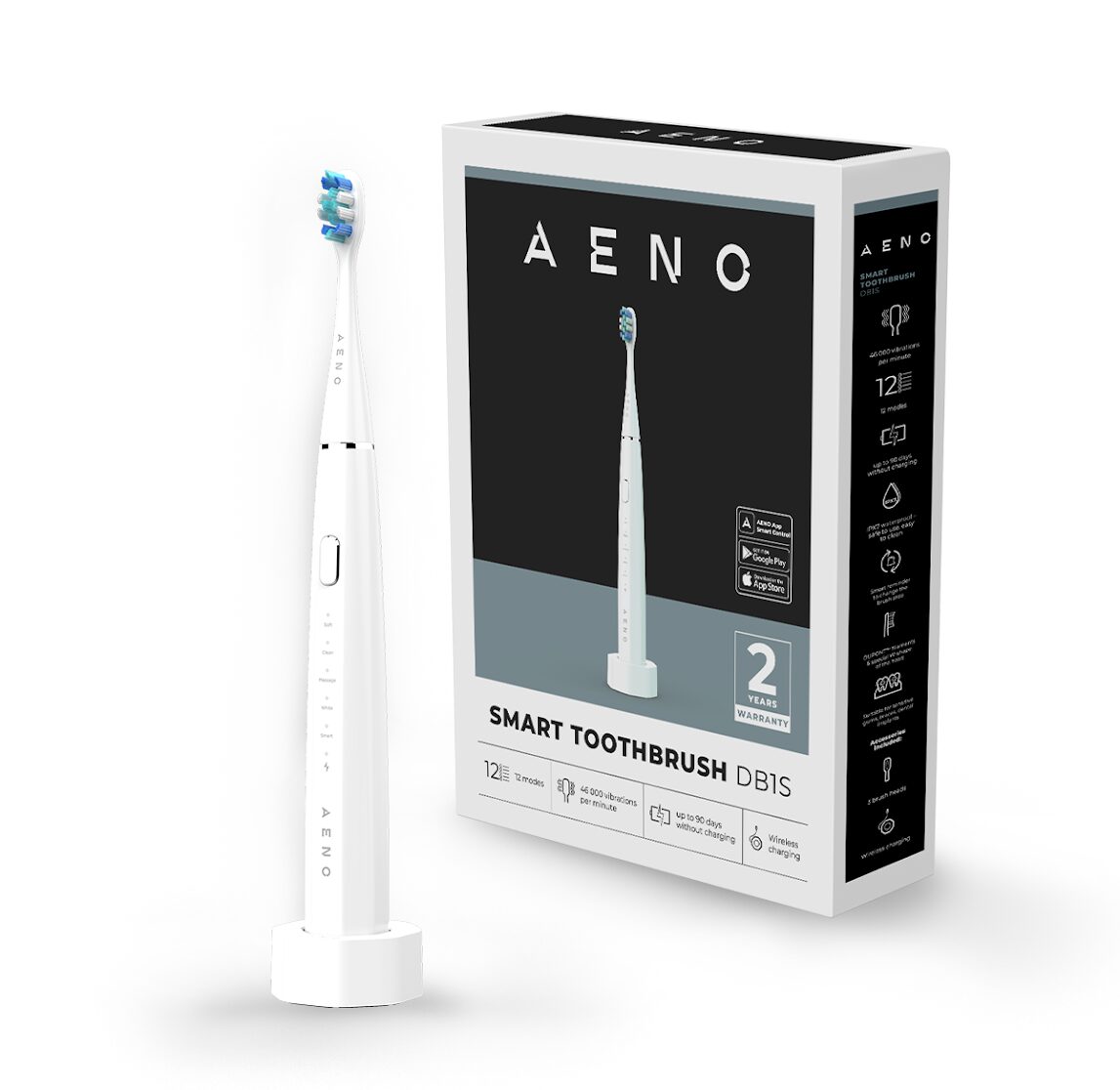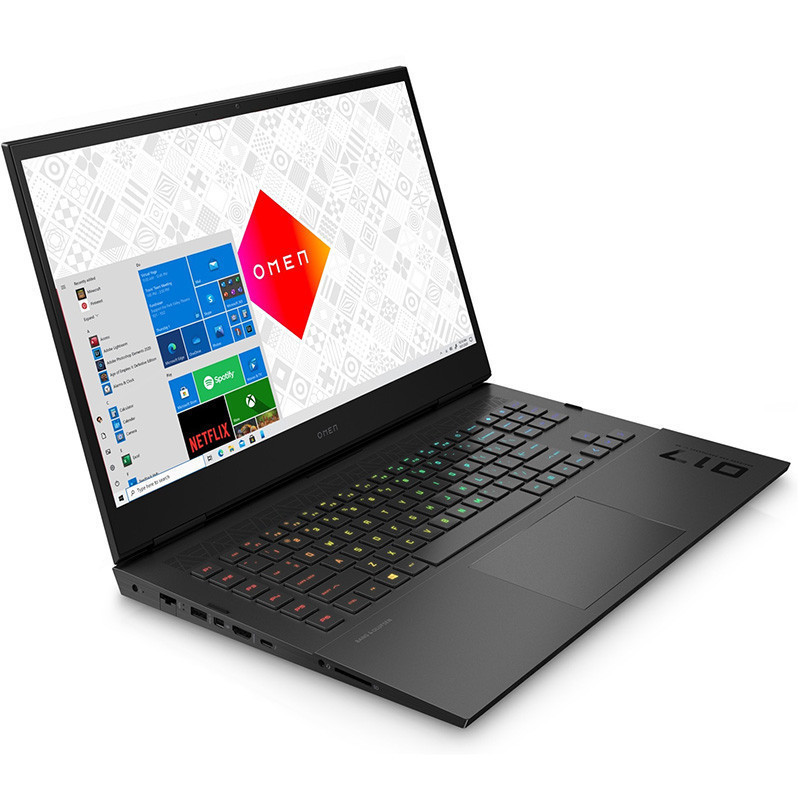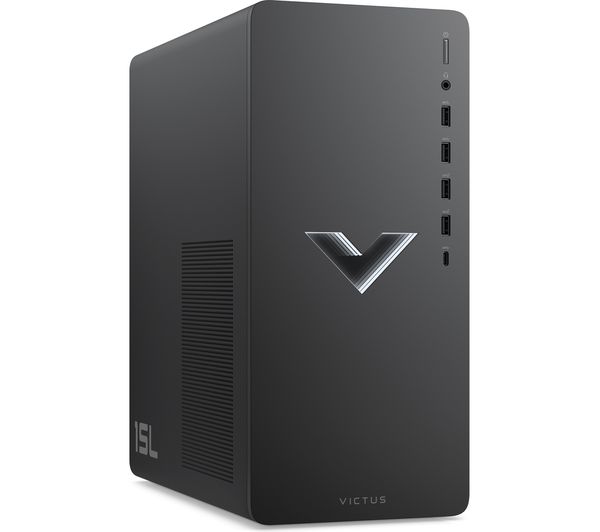Virtual Private Networks (VPNs) have become an essential tool for many people in today’s digital age. With the rise of cyber threats and data breaches, people have become more aware of the importance of online security and privacy. In May 2020, 33,000 unemployment applicants were exposed to a data security breach from the Pandemic Unemployment Assistance program. Scams increased by 400% over the month of March 2020, making COVID-19 the largest-ever security threat. In April 2020, Google blocked 18 million daily malware and phishing emails related to Coronavirus.
VPNs provide a secure and private connection that encrypts your online traffic, making it difficult for anyone to intercept and steal your data. However, one of the common issues that VPN users face is a decrease in internet speed. In this article, we will provide you with some tips and tricks to improve VPN performance.
Choose the Right VPN Provider
The first and foremost thing to consider is to choose the right VPN provider. Not all VPN providers are created equal, and some may be better than others when it comes to performance. Look for a VPN provider that has a good reputation and a track record of providing fast and reliable connections. You can also check the reviews of the VPN provider online to see what other users are saying about their performance.
Use a Wired Connection
If you are using a wireless connection, you may experience slower internet speed when using a VPN. This is because wireless connections are generally slower than wired connections. If possible, switch to a wired connection to improve your VPN performance. This will provide a more stable and faster internet connection, which will result in better VPN performance.
Use the Right VPN Protocol
Different VPN protocols have different levels of encryption and performance. Some protocols may provide better security, but at the expense of slower internet speed. If you are experiencing slow internet speed when using a VPN, try switching to a different protocol. The OpenVPN protocol is generally considered to be the best for both security and performance.
Use the closest server
The distance between your device and the VPN server can affect the VPN’s speed. The closer the server, the faster the connection. If your VPN service allows you to choose a server location, choose the one closest to your physical location.
Disable unnecessary features
Most VPNs come with features like ad-blockers, malware scanners, and auto-connect that may slow down your VPN’s performance. If you don’t need these features, disable them to improve your VPN’s speed.
Upgrade your hardware
The hardware you use can also affect VPN performance. If you’re using an older device, it may not have the processing power or memory to handle a VPN connection. Upgrading your hardware can improve VPN performance.
Here are some hardware upgrades you may want to consider:
Upgrade your router
Older routers may not be able to handle VPN connections, especially if they use older encryption standards. Upgrading your router to a newer model that supports VPN connections can improve VPN performance.
Upgrade your device
If you’re using an older device, upgrading to a newer model with more processing power and memory can improve VPN performance. Newer devices also support newer encryption standards, which can improve VPN security.
Upgrade your router
If you are using a router to connect to the VPN, consider upgrading to a router that supports higher-end VPN protocols like OpenVPN. Look for routers with faster processors and more RAM as well, as this will help handle VPN encryption and decryption faster.
Upgrade your network card
If your computer has a slow network card, it can negatively affect your VPN performance. Consider upgrading to a faster network card to improve VPN speed and performance.
Add more RAM
If your computer is running low on memory, it can slow down VPN performance. Consider adding more RAM to your computer to help it handle the VPN encryption and decryption more efficiently
Upgrade your processor
If you have an older or slower processor, it can impact VPN performance. Consider upgrading to a newer, faster processor to help your computer handle VPN encryption and decryption more efficiently.
It’s important to keep in mind that hardware upgrades can be expensive, so it’s important to weigh the costs against the benefits before making any changes. Additionally, optimizing your VPN settings and choosing the right VPN protocol can often help improve performance without the need for hardware upgrades.
In conclusion, optimizing your VPN performance is essential for a faster and more reliable online experience. By implementing the tips and tricks outlined in this article, such as selecting the right VPN protocol, connecting to a nearby server, and adjusting your device’s settings, you can significantly improve your VPN’s performance. It’s important to remember that VPN performance can also be impacted by external factors such as your internet speed and network congestion, so regularly monitoring your VPN’s performance and adjusting as necessary can help you get the most out of your VPN. With these strategies in mind, you can enjoy the security and privacy benefits of a VPN while still maintaining a fast and efficient online experience.




